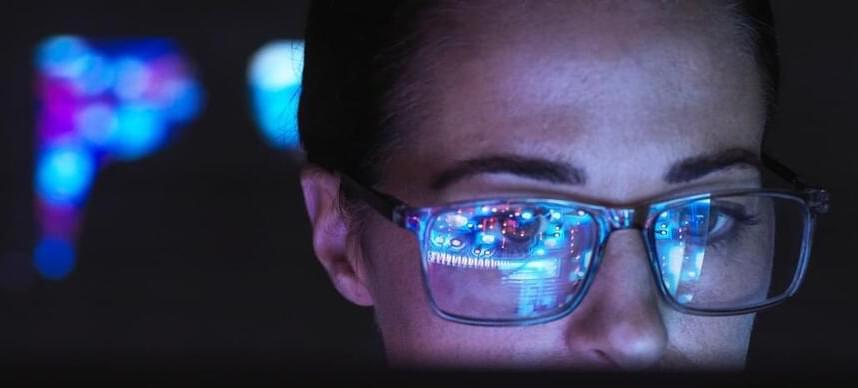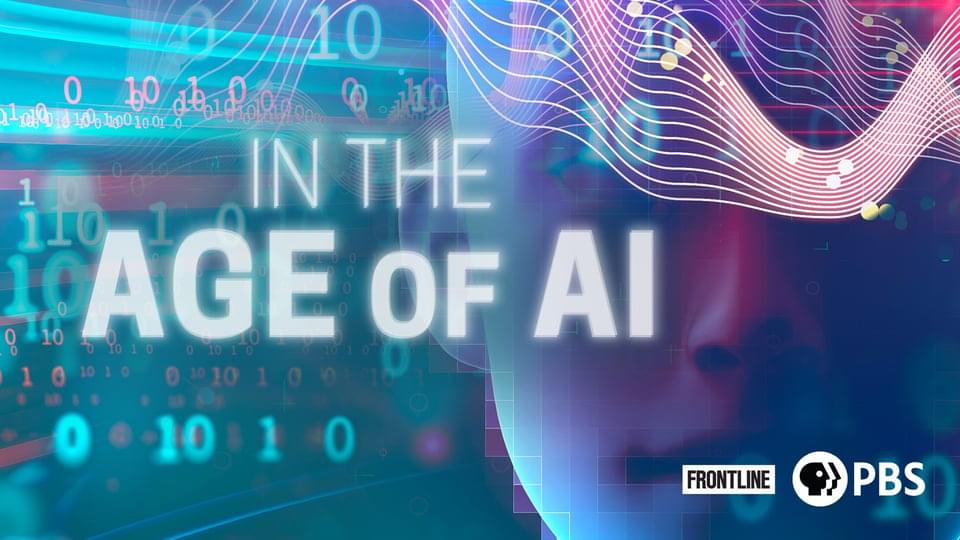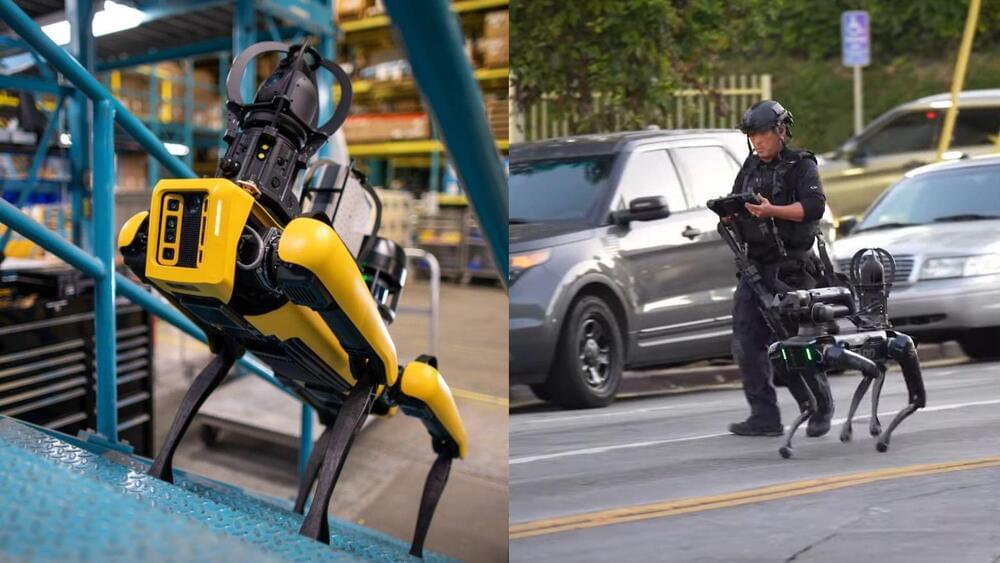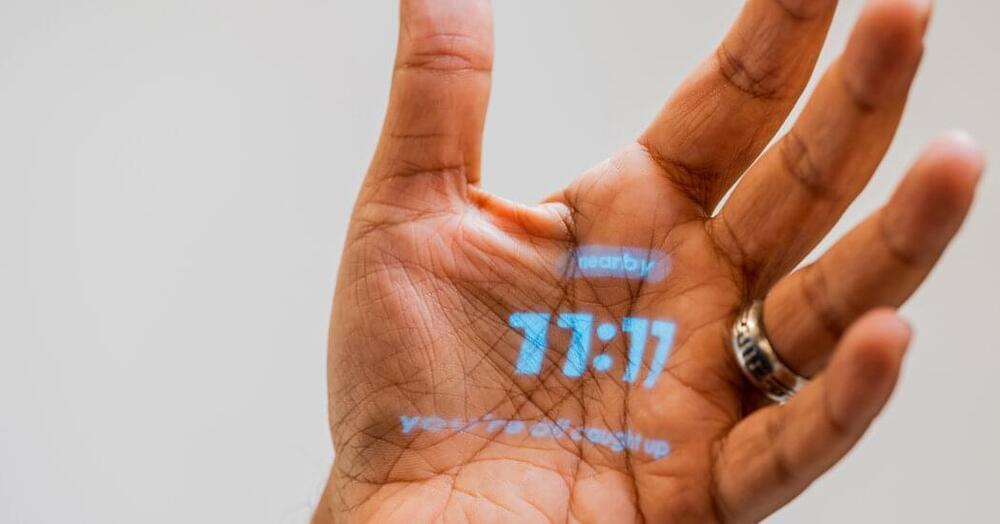How many years will pass before transformative AI is built? Three people who have thought about this question a lot are Ajeya Cotra from Open Philanthropy, Daniel Kokotajlo from OpenAI and Ege Erdil from Epoch. Despite each spending hundreds of hours investigating this question, they still still disagree substantially about the relevant timescales. For instance, here are their median timelines for one operationalization of transformative AI:
You can see the strength of their disagreements in the graphs below, where they give very different probability distributions over two questions relating to AGI development.
So I invited them to have a conversation about where their disagreements lie, sitting down for 3 hours to have a written dialogue. You can read the discussion below, which I personally found quite valuable.









